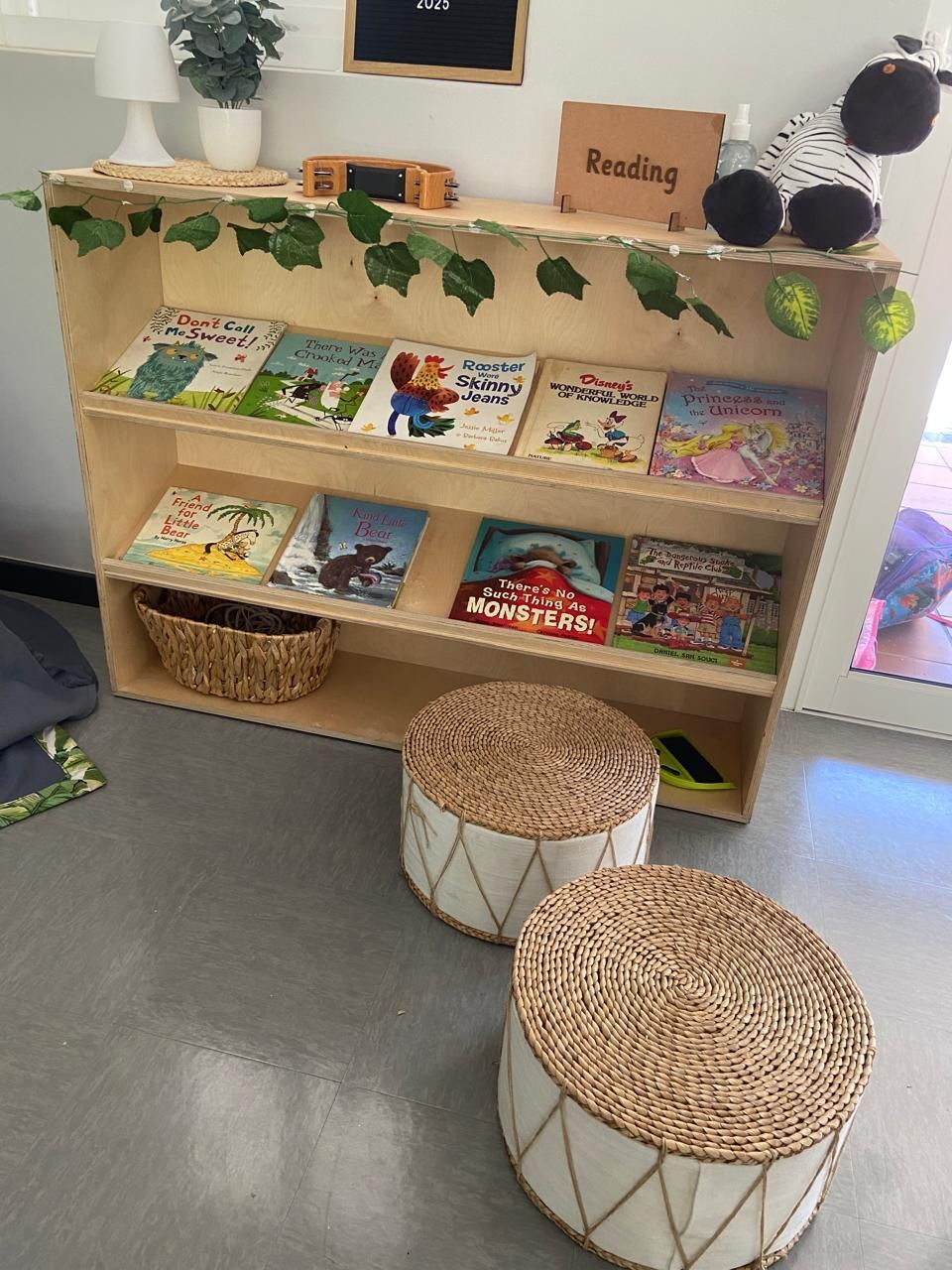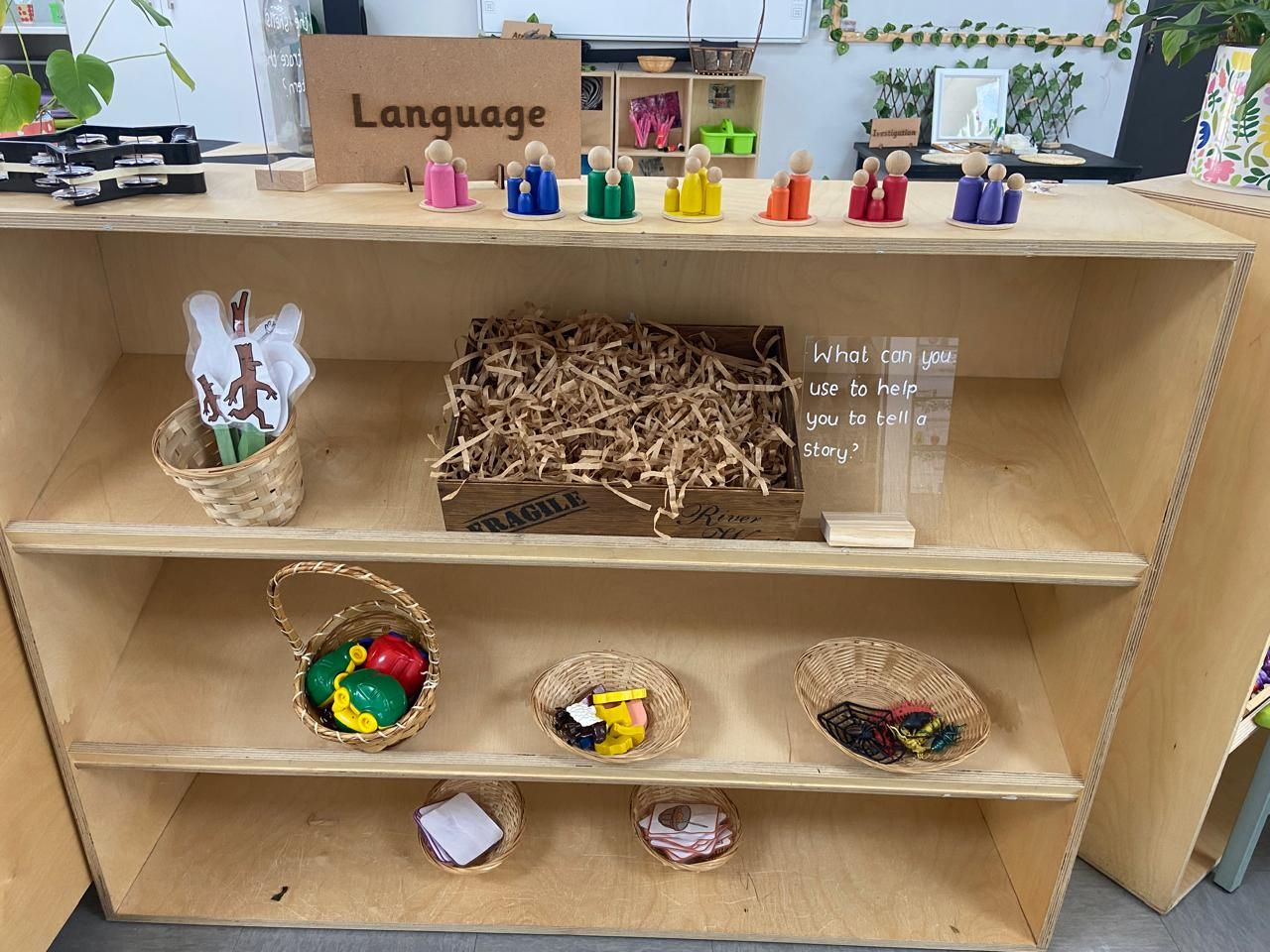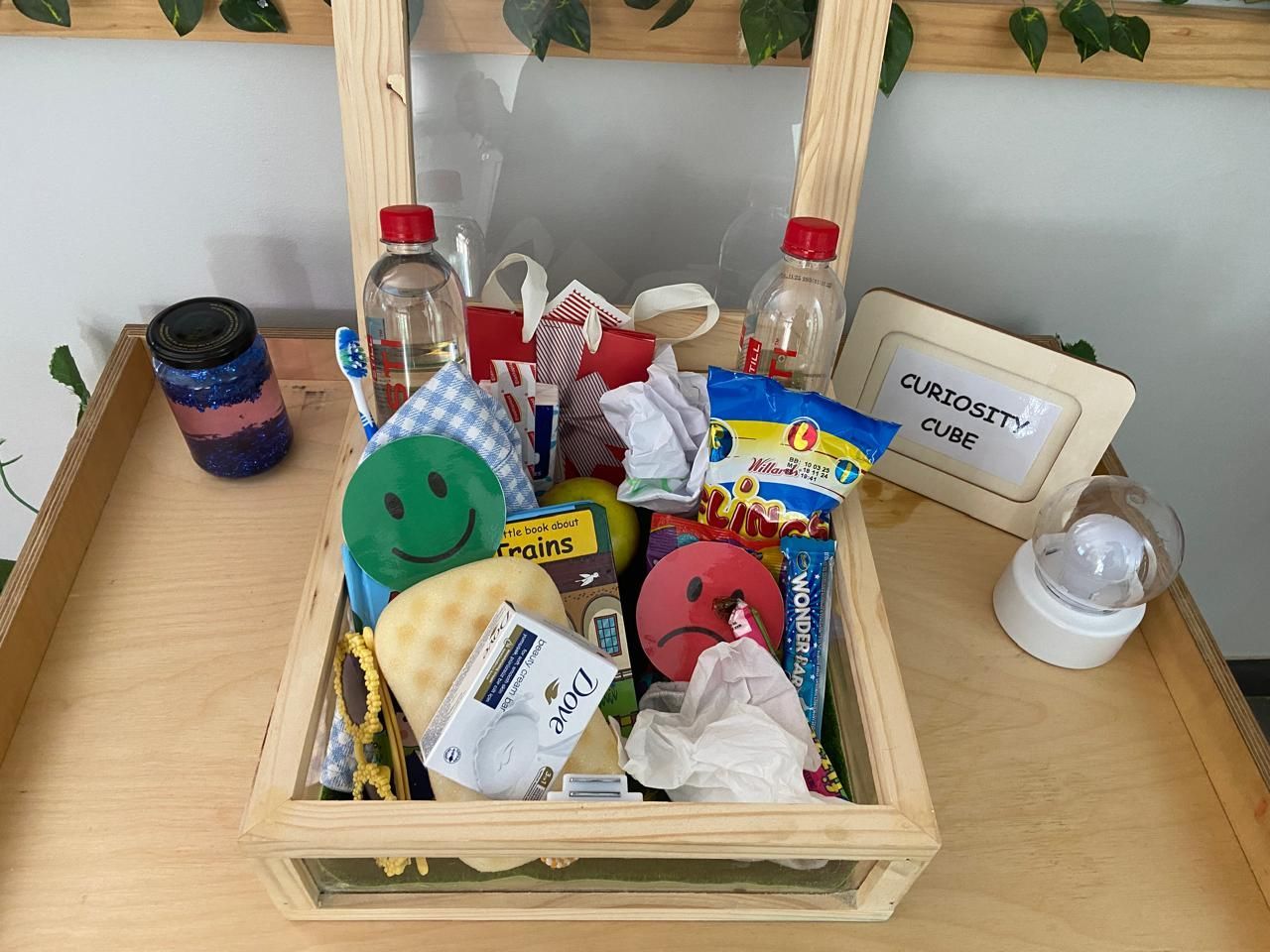Pretoria January 2025
February 3, 2025
Pretoria
Big Splash and Inter-House Swimming Gala
Crawford International Pretoria recently hosted the highly anticipated Big Splash and Inter-House Swimming Gala under clear blue skies. The atmosphere was electric as the three houses competed in a day filled with healthy rivalry, teamwork, and exceptional sportsmanship.
From the cheers on the sidelines to the determination in the pool, students and staff displayed remarkable energy and camaraderie. A special commendation goes to our talented swimmers, whose dedication and skill made the event a true celebration of athleticism and house spirit.
Thank you to everyone who contributed to making this event a success—what a fantastic way to start the year!
Counsellors Induction: Celebrating Leadership
Our Grade 7 students at Crawford International Pretoria were officially inducted as counsellors for 2025 in a ceremony recognising their leadership potential. At Crawford, we believe that every Grade 7 student has a unique leadership style, and we are committed to guiding them in their journey.
Mrs Groenewald, Head of Expression and Leadership, delivered an inspiring message on incorporating HEART values into leadership:
- Honesty
- Empathy
- Accountability
- Respect
- Trust
These values form the foundation of effective and compassionate leadership. Each counsellor received a school tie, badge, and certificate, marking this important milestone.
We look forward to seeing these young leaders inspire their peers and make a meaningful impact throughout the year. Congratulations to our Grade 7 counsellors!
Importance of Provocations for Language Development in an IB PYP the Early Years Learning environment.
Language development is a cornerstone of early childhood education, as it forms the foundation for communication, literacy, and social interaction. In the early years classroom, provocations serve as powerful tools to foster language growth. These thoughtfully planned or spontaneously created experiences invite children to explore, question, and express themselves. By stimulating curiosity and encouraging dialogue, provocations play a crucial role in building young learners' vocabulary, comprehension, and confidence.
- Encouraging Rich Conversations
Provocations naturally prompt children to talk about what they observe, think, and feel. For instance, presenting a jar filled with seashells might lead to a discussion about the ocean, vacation experiences, or the textures and shapes of the shells. Teachers can scaffold these conversations by asking open-ended questions, expanding on children’s responses, and introducing new vocabulary. - Promoting Storytelling and Imagination
Open-ended provocations inspire children to create narratives, which enhances their expressive language skills. A setup of miniature figures, blocks, and natural materials could lead to children inventing stories about castles, forests, or animal adventures. Through storytelling, they practice sequencing, descriptive language, and emotional expression. - Facilitating Peer Interaction
Many provocations are group-oriented, encouraging collaboration and dialogue among children. For example, a shared art project or a sensory table filled with water and floating objects invites children to share ideas, negotiate roles, and articulate their thoughts. This peer-to-peer interaction is key to developing social communication skills, such as taking turns in conversation and understanding others’ perspectives. - Building Vocabulary
Provocations expose children to new concepts and words in meaningful contexts. A teacher might introduce magnifying glasses and insects, sparking conversations about habitats, anatomy, and movement. By naming, describing, and exploring these topics, children expand their vocabulary and grasp abstract concepts. - Connecting Language to Experiences
Provocations create authentic opportunities for children to connect language with real-world experiences. A nature walk or the arrival of a classroom pet might provoke curiosity, questions, and observations. When children have hands-on experiences to talk about, they are more likely to engage in purposeful language use.
Examples of Effective Provocations for Language Development
- Sensory Play: Setting up a table with kinetic sand, scoops, and hidden objects can provoke descriptive conversations as children explore textures and uncover surprises.
- Art Materials: Introducing an array of paints, brushes, and natural elements like leaves or sticks can prompt children to explain their creative choices and processes.
- Books and Visual Stimuli: Displaying picture books, photos, or artworks can invite children to share interpretations, predictions, and personal connections.
- Dramatic Play Areas: Transforming a corner into a "veterinarian's office" or "space station" encourages role-play, dialogue, and the use of thematic vocabulary.
The Role of Educators
Educators play a vital role in shaping and guiding provocations to maximize their impact on language development. By observing children’s interests and responding with meaningful provocations, teachers create a dynamic learning environment. It’s essential for educators to actively engage with children during these experiences, modelling language, posing questions, and fostering deeper conversations.
Conclusion
Provocations are a powerful strategy for nurturing language development in the early years classroom. By sparking curiosity, promoting dialogue, and connecting language to real-world experiences, provocations empower children to communicate with confidence and creativity. Through thoughtful planning and active engagement, educators can unlock the full potential of provocations, laying a strong foundation for lifelong learning and communication skills.
Crawford International Pretoria College
Matric Results Celebration On 13 January 2025, Crawford International Pretoria hosted a special Matric Results Celebration, bringing together students, staff, and families to celebrate the exceptional achievements of our graduates. This unforgettable event honoured the hard work, dedication, and perseverance of our Matric heroes and heroines, whose achievements reflect the outstanding academic environment nurtured at our campus. The celebration was a moment to recognise these milestones reached and to inspire future students to strive for excellence in their own educational journeys. Congratulations to all the graduates for their outstanding results and for making us proud.
Student Executive Body Leadership Tour
On Sunday, 12 January, our Student Executive Body embarked on a one-day tour designed to equip them with essential leadership skills and provide the motivation needed for a successful year ahead. The tour offered a unique opportunity for our student leaders to connect, collaborate, and develop the tools necessary to lead with confidence, integrity, and vision. As they forged lasting bonds with one another, they also gained valuable insights into the responsibilities and challenges of leadership, setting the stage for a productive and impactful year at Crawford International Pretoria.

























